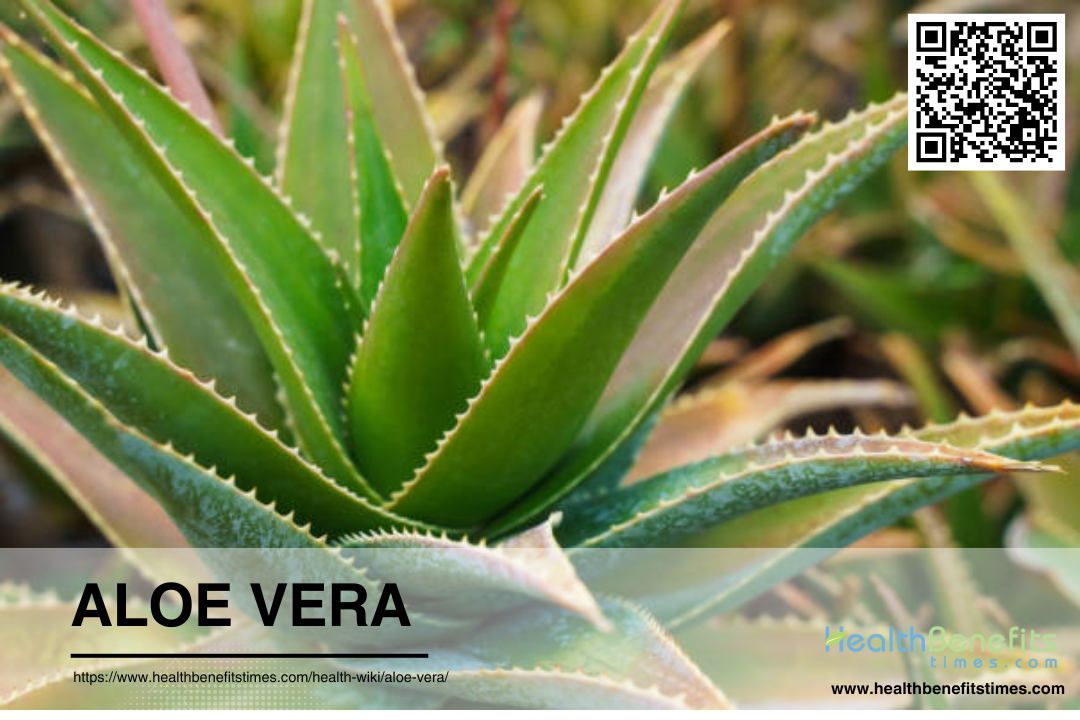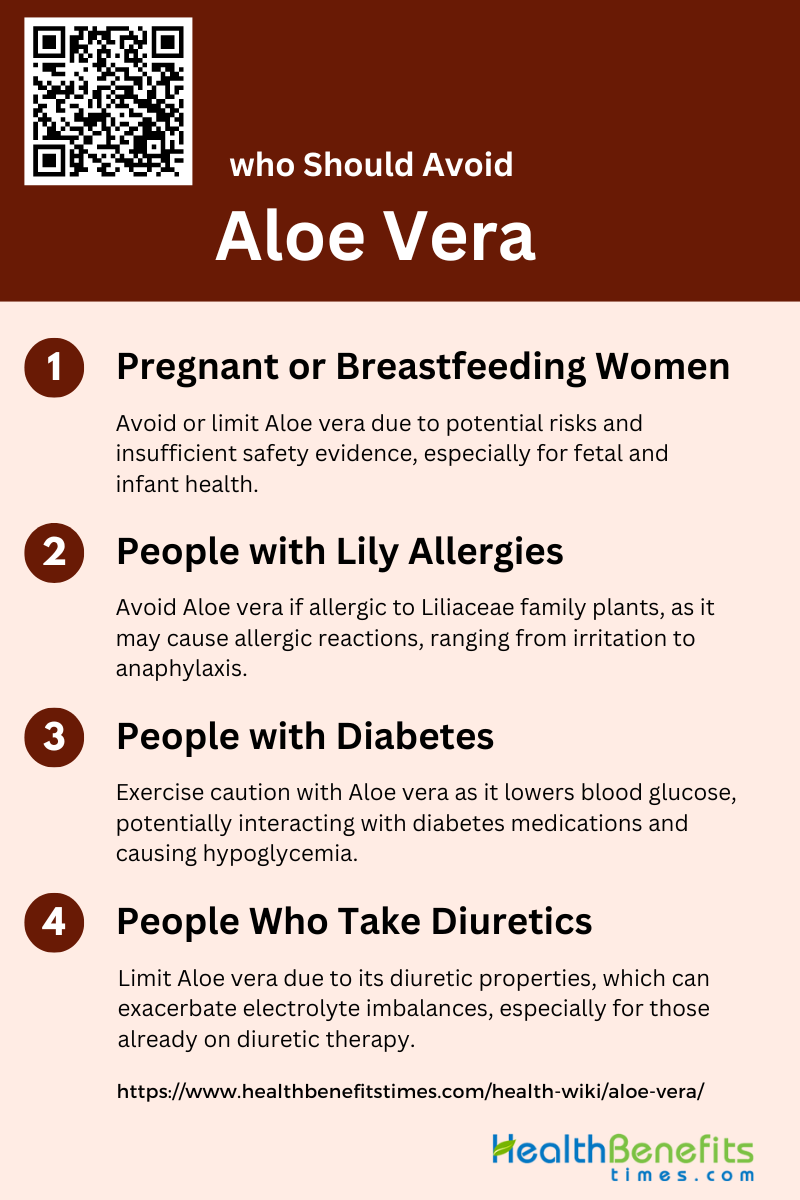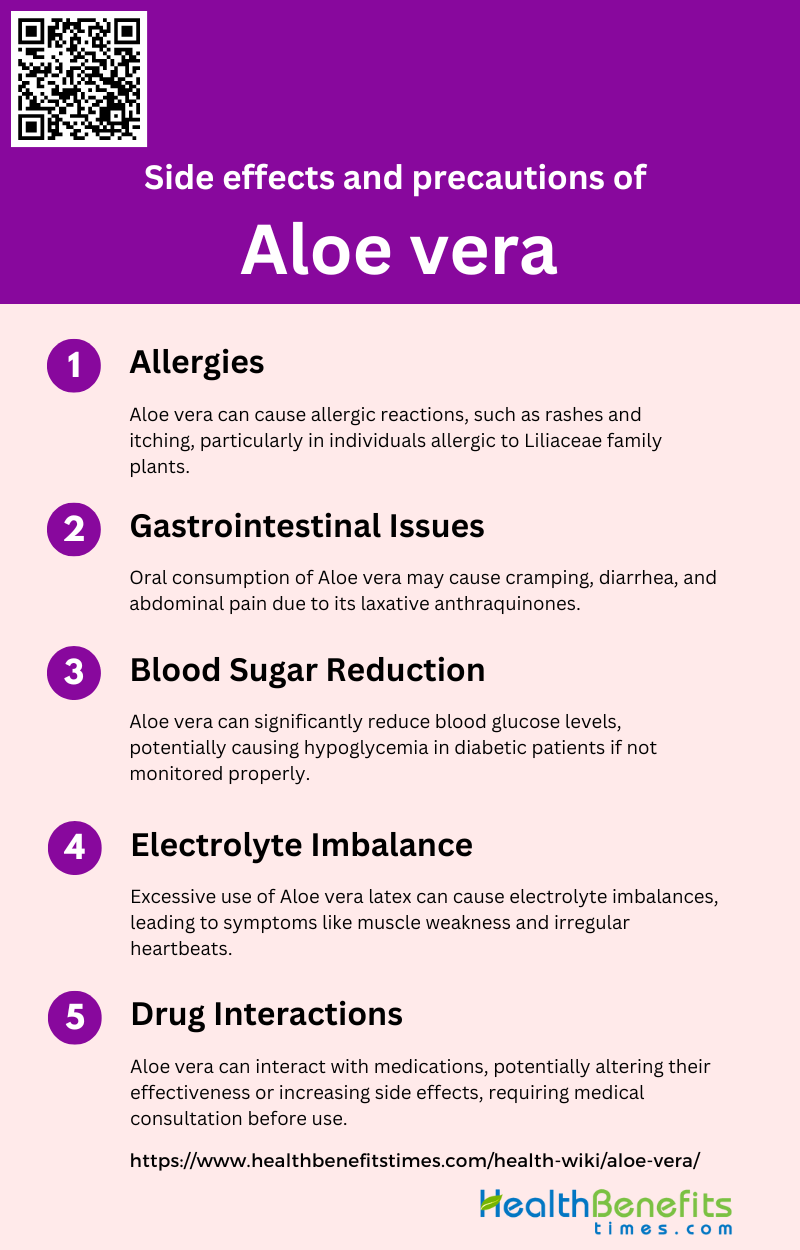 Aloe vera, scientifically known as Aloe barbadensis Miller, is a succulent plant renowned for its medicinal and therapeutic properties. Native to North Africa and Spain, it is now cultivated globally in hot, dry regions. Aloe vera is composed of numerous bioactive compounds, including vitamins, minerals, enzymes, amino acids, and polysaccharides, which contribute to its anti-inflammatory, antimicrobial, and wound-healing properties. Traditionally used to treat skin injuries, digestive issues, and various ailments, Aloe vera is also utilized in the pharmaceutical, cosmetic, and food industries. Its gel, rich in acemannan and other polysaccharides, is particularly valued for its moisturizing and healing effects on the skin, making it a popular ingredient in topical products and health supplements.
Aloe vera, scientifically known as Aloe barbadensis Miller, is a succulent plant renowned for its medicinal and therapeutic properties. Native to North Africa and Spain, it is now cultivated globally in hot, dry regions. Aloe vera is composed of numerous bioactive compounds, including vitamins, minerals, enzymes, amino acids, and polysaccharides, which contribute to its anti-inflammatory, antimicrobial, and wound-healing properties. Traditionally used to treat skin injuries, digestive issues, and various ailments, Aloe vera is also utilized in the pharmaceutical, cosmetic, and food industries. Its gel, rich in acemannan and other polysaccharides, is particularly valued for its moisturizing and healing effects on the skin, making it a popular ingredient in topical products and health supplements.
Description of the Aloe vera plant
Aloe vera, a succulent plant belonging to the genus Aloe, is renowned for its extensive therapeutic properties and has been utilized in traditional medicine for centuries. Native to Northern Africa, Aloe vera is now widely distributed across the globe and thrives in varied agro-climates. The plant contains over 200 biologically active substances, including anthraquinones, glycosides, flavonoids, amino acids, lipids, carbohydrates, vitamins, and minerals, which contribute to its diverse medicinal applications. Aloe vera exhibits a range of pharmacological activities such as antioxidant, anti-inflammatory, immunomodulatory, antimicrobial, antiviral, antidiabetic, hepatoprotective, anticancer, and skin-protective properties. The inner gel of the leaves is particularly noted for its wound-healing and skin-regenerative capabilities, making it a popular ingredient in both pharmaceutical and cosmetic products8. Despite its widespread use, ongoing research aims to further elucidate the mechanisms behind its therapeutic effects and to standardize its application in various health treatments.
Aloe Vera Nutrition
Packed with essential vitamins, minerals, and antioxidants, it offers numerous health benefits. Here are some key nutrients found in Aloe Vera:
1. Rich in Vitamins and Minerals: Aloe Vera contains important vitamins such as vitamins A, C, E, and several B vitamins. It also provides essential minerals like calcium, magnesium, and zinc.
2. Antioxidant Properties: Aloe Vera is rich in antioxidants, which help combat free radicals in the body, potentially reducing the risk of chronic diseases and promoting overall health.
3. Digestive Health: Aloe Vera contains enzymes that aid in the breakdown of sugars and fats, promoting better digestion and reducing symptoms of digestive discomfort.
4. Anti-inflammatory Effects: The plant has anti-inflammatory properties that can help reduce inflammation in the body, potentially alleviating conditions such as arthritis and inflammatory bowel disease.
5. Hydration and Skin Health: Aloe Vera is composed mainly of water, making it an excellent hydrating agent. It also contains compounds that can soothe and heal the skin, improving skin health and appearance.
Health benefits of Aloe vera
It is a versatile plant known for its numerous health benefits, making it a popular choice in natural remedies and skincare products. Rich in vitamins, minerals, and antioxidants, Aloe vera can help improve skin health, aid digestion, and boost the immune system. Its anti-inflammatory properties make it effective in treating burns, cuts, and other skin irritations. Additionally, Aloe vera has been shown to support oral health and may even help regulate blood sugar levels. Here are some of the key health benefits of Aloe vera:
- Healing properties
- Skincare benefits
- Digestive benefits
- Protection from UV irradiation
- Reduces dental plaque
- Treat canker sores
- Lowers blood sugar levels
- Helps hair growth
- Relieves heartburn
- Fight breast cancer
- Relieves anal fissures
- Lowers Blood Pressure
How to use Aloe vera
Aloe vera is a versatile plant that can be used in various ways to enhance your health and beauty routines. From skincare to digestive health, incorporating Aloe vera into your daily regimen can offer numerous benefits. Here are some practical ways to use Aloe vera:
1. Topical Applications
The gel extracted from Aloe vera leaves is rich in polysaccharides, which contribute to its wound-healing, anti-inflammatory, and antimicrobial properties. Clinical trials have demonstrated its effectiveness in treating burn wounds, postoperative wounds, cracked nipples, genital herpes, psoriasis, and chronic wounds such as pressure ulcers. Additionally, Aloe vera gel helps retain skin moisture and integrity, making it a valuable complementary treatment for maintaining skin health.
2. Dietary Supplement
The plant contains a variety of bioactive compounds, including vitamins, minerals, enzymes, and amino acids, which contribute to its antioxidant, anti-inflammatory, and immunomodulatory properties. Research has shown that dietary supplementation with Aloe vera can improve digestive health, enhance nutrient absorption, and boost the immune system. In poultry, for example, Aloe vera supplementation has been found to improve productive performance, enhance digestion, and reduce disease incidence. These benefits suggest that Aloe vera can be a valuable addition to the human diet as well.
3. Cosmetic Use
Aloe vera is extensively used in the cosmetics industry due to its skin-enhancing properties. The gel from Aloe vera leaves is known to improve the skin’s ability to hydrate itself, aid in the removal of dead skin cells, and facilitate the penetration of healthy substances through the skin. Its soothing and cooling qualities make it an ideal ingredient for products aimed at treating sunburns, burns, and various skin diseases. Additionally, Aloe vera acts as a skin toner and provides a youthful glow, making it a popular choice in skincare products. The presence of vitamins, minerals, and other bioactive compounds further enhances its cosmetic value.
Who Should Avoid or Limit Aloe Vera
While aloe vera is widely known for its health benefits, it may not be suitable for everyone. Certain individuals should exercise caution or avoid using aloe vera altogether due to potential side effects or interactions with medications. Here are some groups who should consider limiting or avoiding aloe vera:
1. Pregnant or Breastfeeding Women
Pregnant or breastfeeding women should avoid or limit the use of Aloe vera due to potential risks and insufficient evidence regarding its safety in these populations. Aloe vera contains various bioactive compounds that can cross the placental barrier or be excreted in breast milk, potentially affecting fetal development or infant health. Although Aloe vera is widely used for its medicinal properties, including anti-inflammatory and anti-diabetic effects, its safety profile during pregnancy and lactation has not been thoroughly studied. Therefore, it is prudent for pregnant or breastfeeding women to consult healthcare providers before using Aloe vera products.
2. People with Lily Allergies
Individuals with allergies to plants in the Liliaceae family, such as lilies, should avoid Aloe vera due to the risk of allergic reactions. Aloe vera belongs to the same botanical family and may contain similar allergenic compounds. Symptoms of an allergic reaction can range from mild skin irritation to severe anaphylaxis. Given Aloe vera’s widespread use in various medicinal and cosmetic applications, it is crucial for people with known lily allergies to exercise caution and seek medical advice before using Aloe vera products to prevent adverse reactions.
3. People with Diabetes
People with diabetes should be cautious when using Aloe vera, as it can significantly affect blood glucose levels. Studies have shown that Aloe vera can lower fasting blood glucose and HbA1c levels, making it a potential complementary treatment for diabetes. However, these effects can interact with conventional diabetes medications, leading to hypoglycemia. For instance, Aloe vera has been found to enhance the hypoglycemic effects of drugs like glibenclamide. Therefore, diabetic patients should consult their healthcare providers to adjust their medication dosages appropriately and monitor their blood glucose levels closely when using Aloe vera.
4. People Who Take Diuretics
Individuals taking diuretics should limit their use of Aloe vera due to potential interactions that can exacerbate electrolyte imbalances. Aloe vera has been reported to have diuretic properties, which can lead to increased excretion of potassium and other electrolytes. This can be particularly problematic for people already on diuretic therapy, as it may result in hypokalemia or other electrolyte disturbances. Given the potential for serious side effects, it is essential for individuals on diuretics to consult their healthcare providers before incorporating Aloe vera into their regimen.
Side effects and precautions of Aloe vera
Aloe vera, widely known for its healing properties, can also have side effects and requires certain precautions. While it is generally safe for topical use, ingestion or overuse can lead to adverse reactions. Here are some potential side effects and precautions to consider:
1. Allergies
Aloe vera can easily cause allergic reactions in some individuals, particularly those who are allergic to plants in the Liliaceae family. Symptoms of an allergic reaction may include skin rashes, itching, and swelling. It is important to perform a patch test before using Aloe vera topically to ensure there is no adverse reaction. Ingesting Aloe vera can also trigger allergic responses, so it should be consumed with caution, especially for those with known plant allergies.
2. Gastrointestinal Issues
These side effects are primarily due to the presence of anthraquinones, which have a laxative effect. Chronic use of Aloe vera latex can lead to more severe gastrointestinal problems, including electrolyte imbalance and dehydration. Therefore, it is recommended to use Aloe vera products in moderation and under medical supervision.
3. Blood Sugar Reduction
Aloe vera has been shown to significantly reduce fasting blood glucose levels and HbA1c in diabetic patients, making it a potential complementary treatment for diabetes. However, this hypoglycemic effect can be a double-edged sword, as it may lead to dangerously low blood sugar levels (hypoglycemia) if not monitored properly. Diabetic patients using Aloe vera should regularly check their blood sugar levels and consult with their healthcare provider to adjust their medication accordingly6.
4. Electrolyte Imbalance
The laxative properties of Aloe vera, particularly from the latex, can lead to electrolyte imbalances if used excessively. This is because the increased bowel movements can cause a significant loss of potassium and other essential electrolytes. Symptoms of electrolyte imbalance include muscle weakness, irregular heartbeats, and fatigue. To avoid these issues, it is advisable to limit the use of Aloe vera latex and opt for Aloe vera gel, which has fewer laxative effects.
5. Drug Interactions
For instance, its hypoglycemic effect can enhance the action of antidiabetic drugs, leading to hypoglycemia. Additionally, Aloe vera’s laxative properties can affect the absorption of oral medications, reducing their efficacy. It is crucial to consult with a healthcare provider before combining Aloe vera with other medications to avoid adverse interactions.



